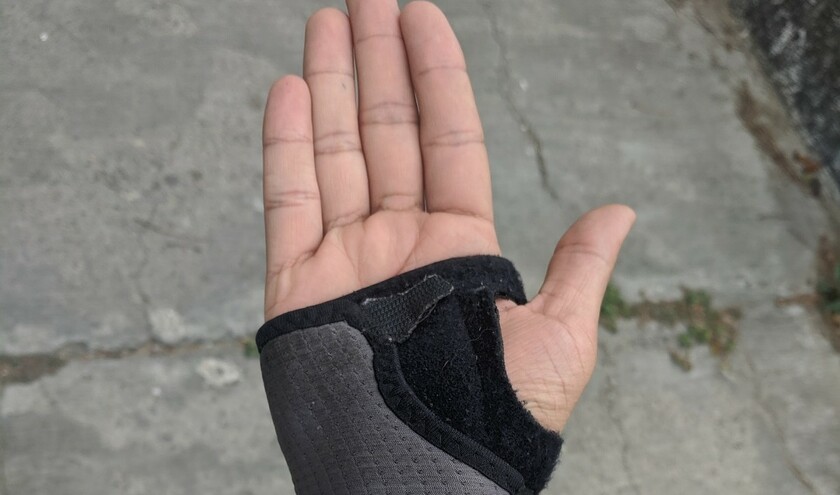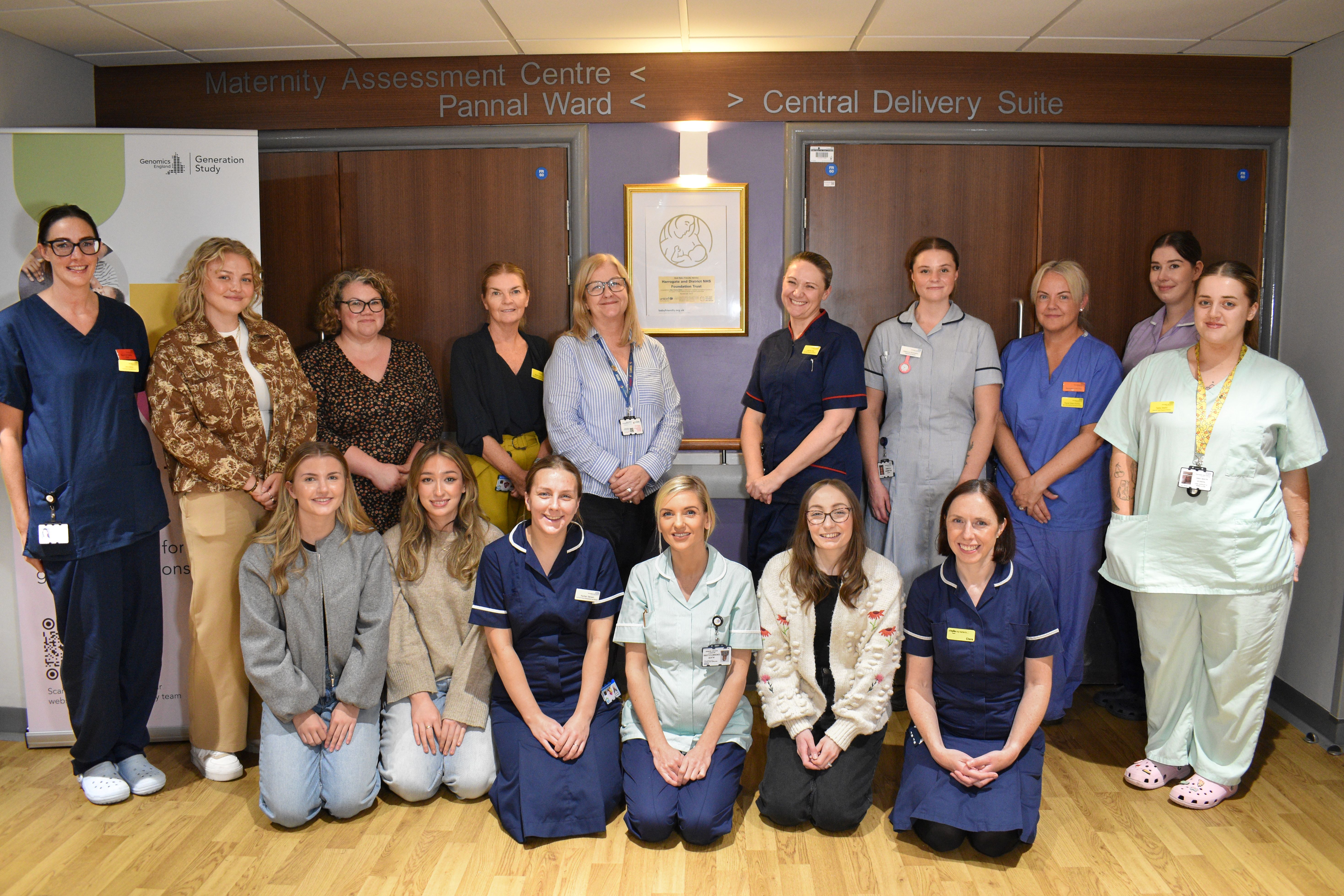A team led by Henley Business School, University of Reading, has been awarded the grant for the development of RMD-Health – a machine learning system designed to significantly improve the early detection and referral of rheumatic and musculoskeletal diseases (RMD).
The three-year project, which is piloting in the Royal Berkshire NHS Foundation Trust (RBFT) and Oxford University Hospitals NHS Foundation Trust, is funded in part by NIHR, will fully develop the product ready for regulatory approval and commercialisation.
With up to one-third of the UK population affected by RMD, these diseases, including inflammatory arthritis, are a leading cause of disability and one of the biggest contributors to sick days and unemployment.
Professor Weizi Li, project lead and Professor of Informatics and Digital Health at Henley, said: ‘With an estimated annual cost of £1.8bn in sick leave and work-related disability for rheumatoid arthritis alone, the current RMD referral system faces huge challenges.
‘Our machine-learning system presents a new approach to RMD referrals. Unlike existing solutions, which often rely on the advice and guidance from already stretched rheumatology specialists, we're introducing a machine learning-based decision support system enabling doctors to refer patients more accurately and promptly, ultimately leading to quicker and more effective treatment.'
Dr Antoni Chan, project co-lead and consultant rheumatologist and physician at RBFT, added: ‘Developed using available patient referral data, the tool has so far demonstrated significantly higher accuracy during experiments at RBFT than existing clinical criteria and clinicians' assessments. With this grant, we fully expect to be on track for regulatory approval at the end of three years.'



